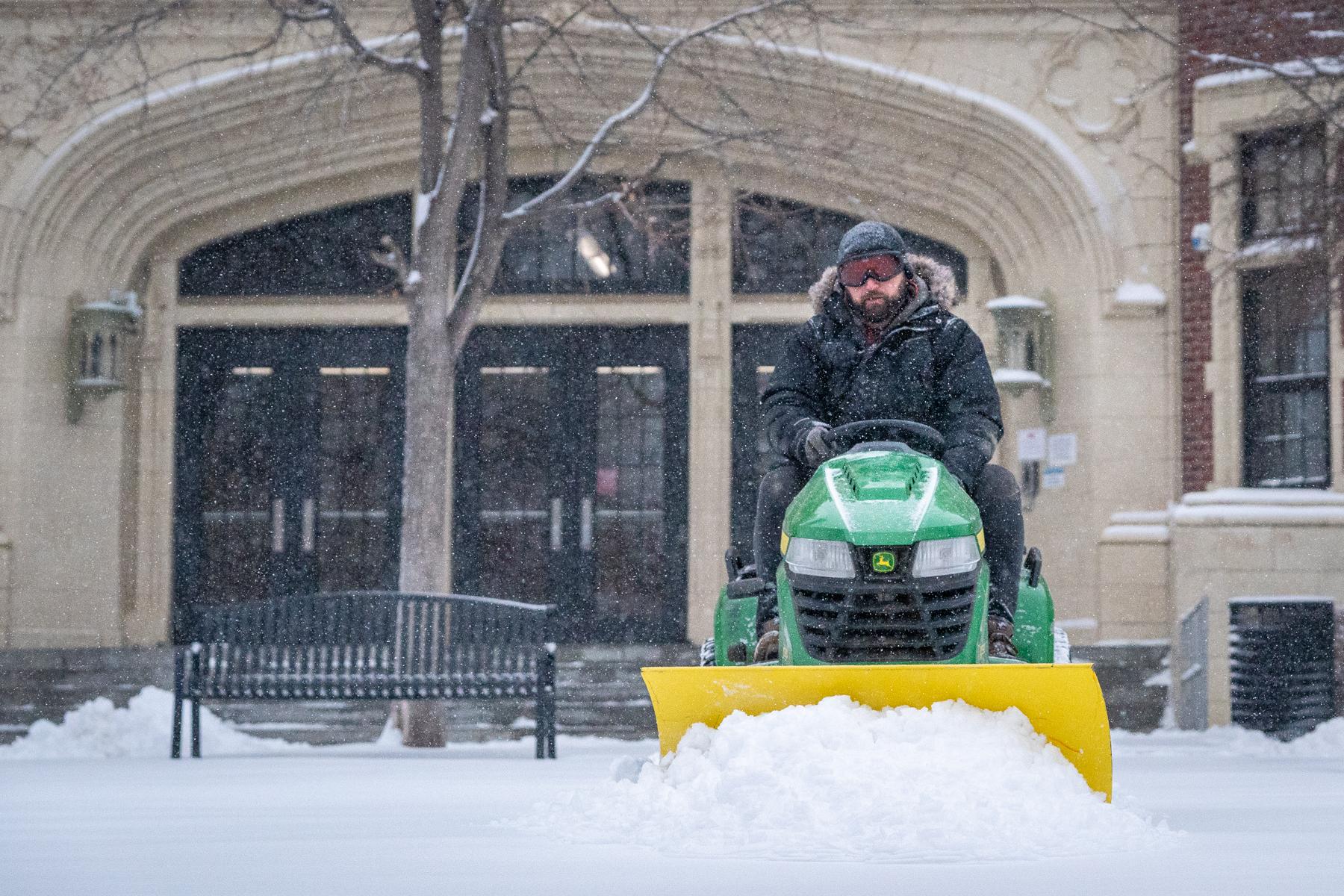
Feb. 24, 2023: Colorado lawmakers on TikTok concern; Climate change & weather extremes
Increasingly, members of Congress are worried TikTok may pose a national security risk, including Colorado’s Ken Buck and Michael Bennet. Then, Denver7 Chief Meteorologist Mike Nelson on the weather extremes this winter and how climate change factors in. Later, ‘Terra Firma’ explores our relationship with nature. And ice carving is back in Cripple Creek.
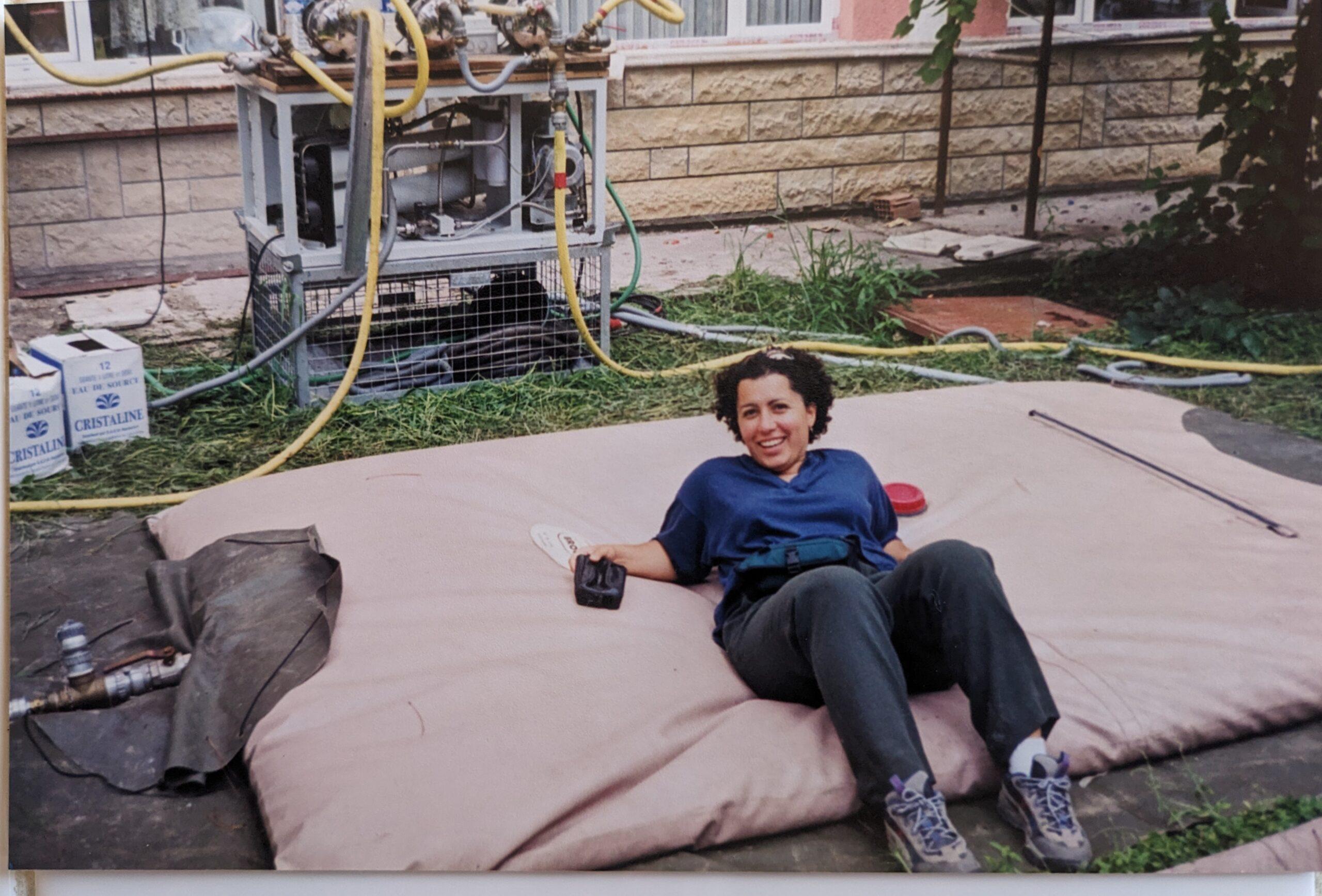
This Lakewood woman survived and helped with recovery after a powerful earthquake in Turkey in 1999. Now, she’s helping again from afar
Beyhan Maybach, a Turkish native who now lives in Lakewood, is working with the Turkish American Cultural Society of Colorado. Here’s how you can help, too.
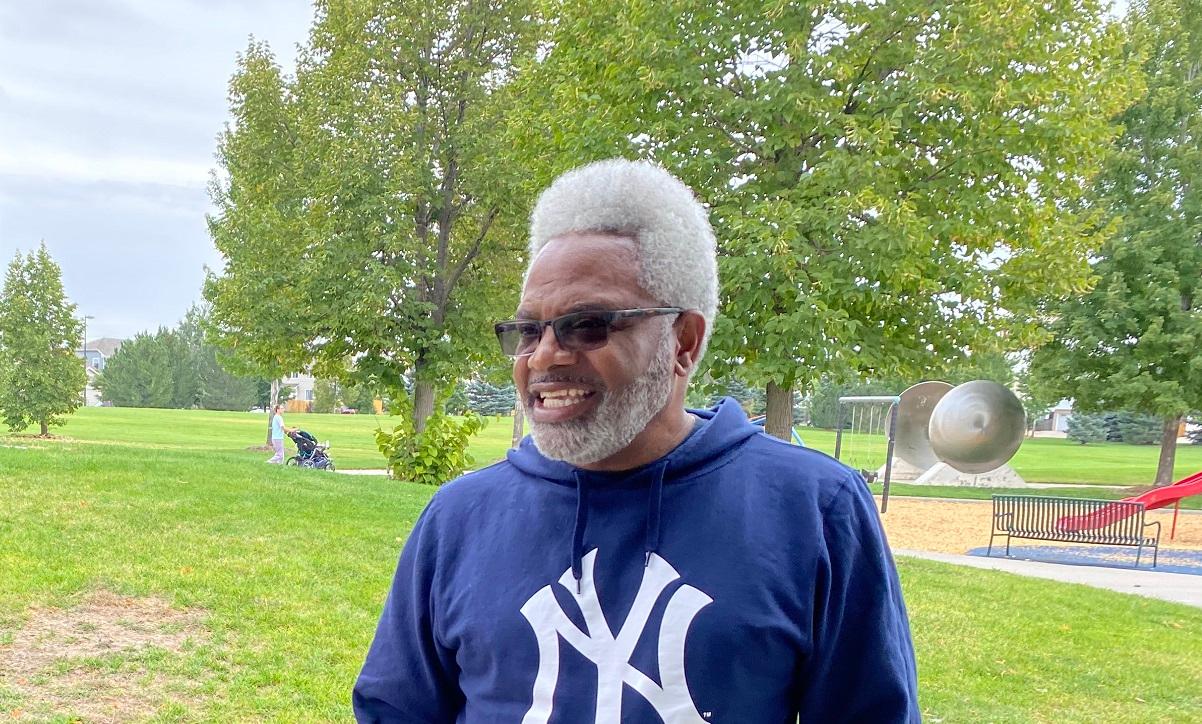
COVID long-haulers tell their stories and ask questions
A big question for people with symptoms of long COVID is “When will I get better?” That’s one of the questions we try to answer with three Coloradans suffering from symptoms of the condition. And, we give them an opportunity to ask Dr. Boris Bayerman, an expert on long COVID with Kaiser Permanente, some of their unanswered questions.
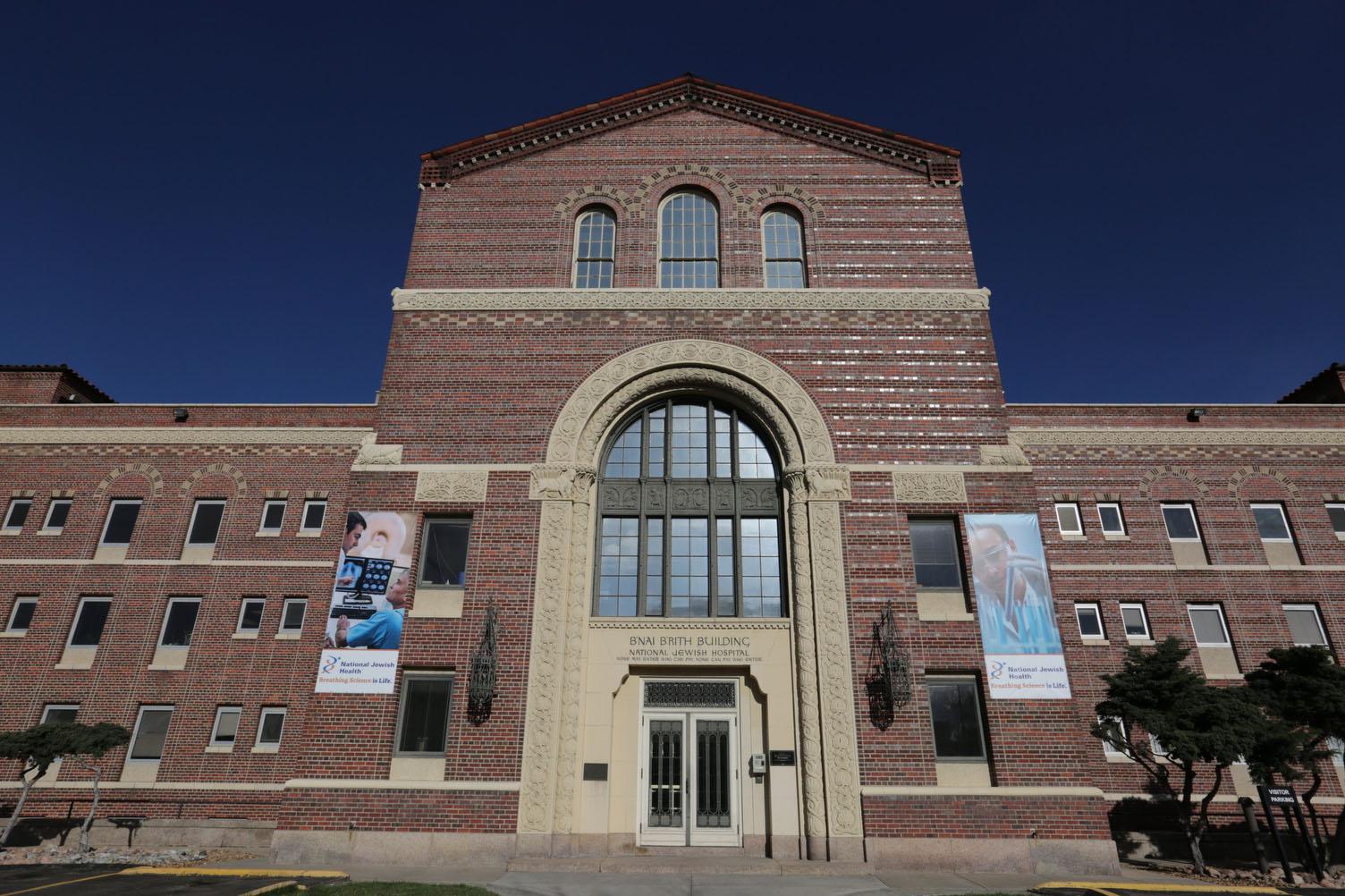
Researchers look for answers to the mysteries of long COVID
Most people who get COVID feel better in a week or so. But, it’s become clear that, for many, symptoms linger, or new ones crop up: extreme fatigue, shortness of breath, brain fog, and heart and lung issues. We check in with two Colorado doctors who are on the cutting edge of long COVID science.

A way to reduce addiction? Using electrical currents to stimulate the brain
As fatalities from drug overdoses grow in Colorado, one researcher is experimenting with a surgical procedure called Deep Brain Stimulation, which involves stimulating the brain with electrical currents to see if it reduces the intensity of cravings. We speak with Dr. Joseph Sakai, a psychiatrist who specializes in addiction at the University of Colorado School of Medicine Anschutz Medical Campus.
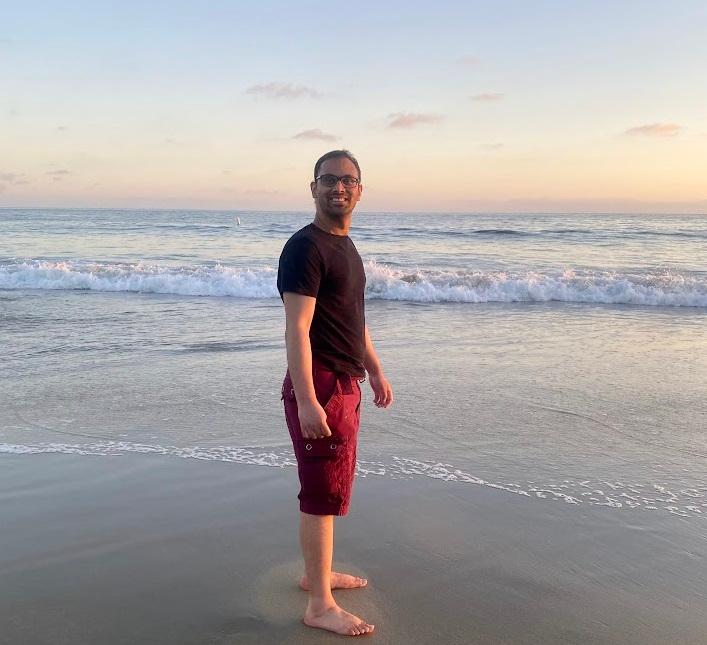
For those with debilitating OCD, a surgical procedure can help
Deep brain stimulation is increasingly being used for people suffering from Obsessive Compulsive Disorder or OCD, which affects about three percent of the population. Dr. Moshka Patel, who’s a physician at the University of Colorado Anschutz Medical Campus, suffered from debilitating symptoms of OCD, until he tried a therapy called Deep Brain Stimulation.
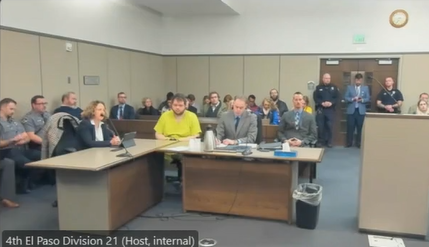
Could Colorado’s red flag law have thwarted the Club Q suspect?
We speak with two legal experts about what role the state’s red flag law could have had in keeping guns out of the hands of the Club Q suspect. Colorado’s ERPO law, which stands for Extreme Risk Protection Order, means a family member or law enforcement officer can ask a judge to keep someone from having guns. In the case of the alleged Club Q shooter, no such request was made.

Use of Colorado’s red flag law depends on where you live
We speak with CPR’s Andrew Kenney, who’s been reviewing all of Colorado’s red flag filings since the law took effect three years ago. He found the use of the law varies greatly depending on the jurisdiction where the request is made.

Gun violence through the eyes of an ER doctor
Dr. Emmy Betz sees first-hand the effects of gun violence in the emergency room at the Anschutz Medical Campus where she works. She also researches gun violence as the head of CU Anschutz’s Firearm Prevention Initiative. Betz says it’s critical to find ways to keep guns out of the hands of people who are a danger to themselves or others.
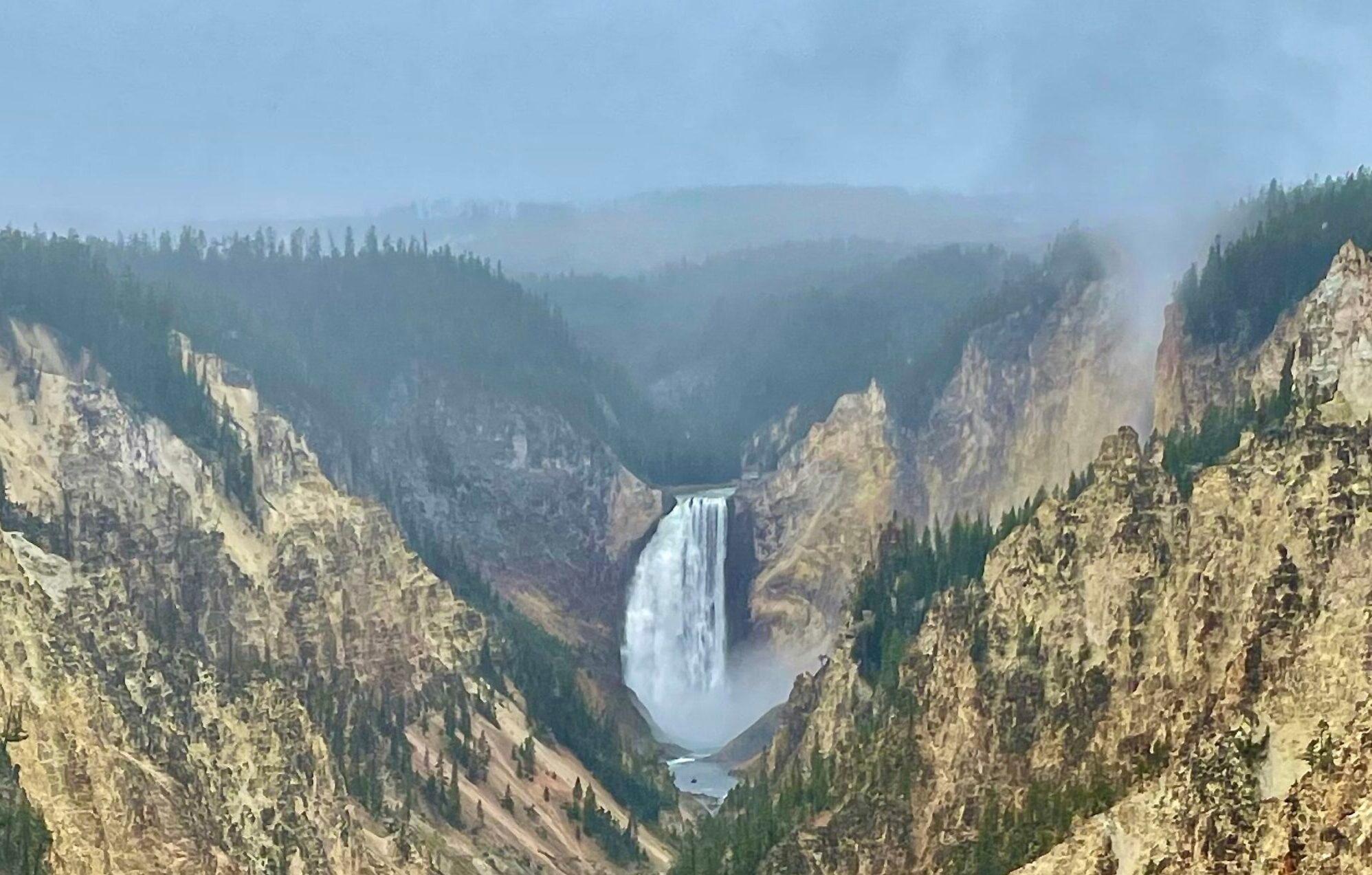
Dec. 29, 2022: Saving Yellowstone; Nonalcoholic drinks for New Year’s
Before the world knew the wonders of Yellowstone., it seemed otherworldly when people tried to describe it. We’ll talk about how Yellowstone, America’s first national park, represents a contradiction in government policy after the Civil War. Then, heading into the New Year’s weekend, we get a taste of the “spirit-free” or “mocktail” movement.
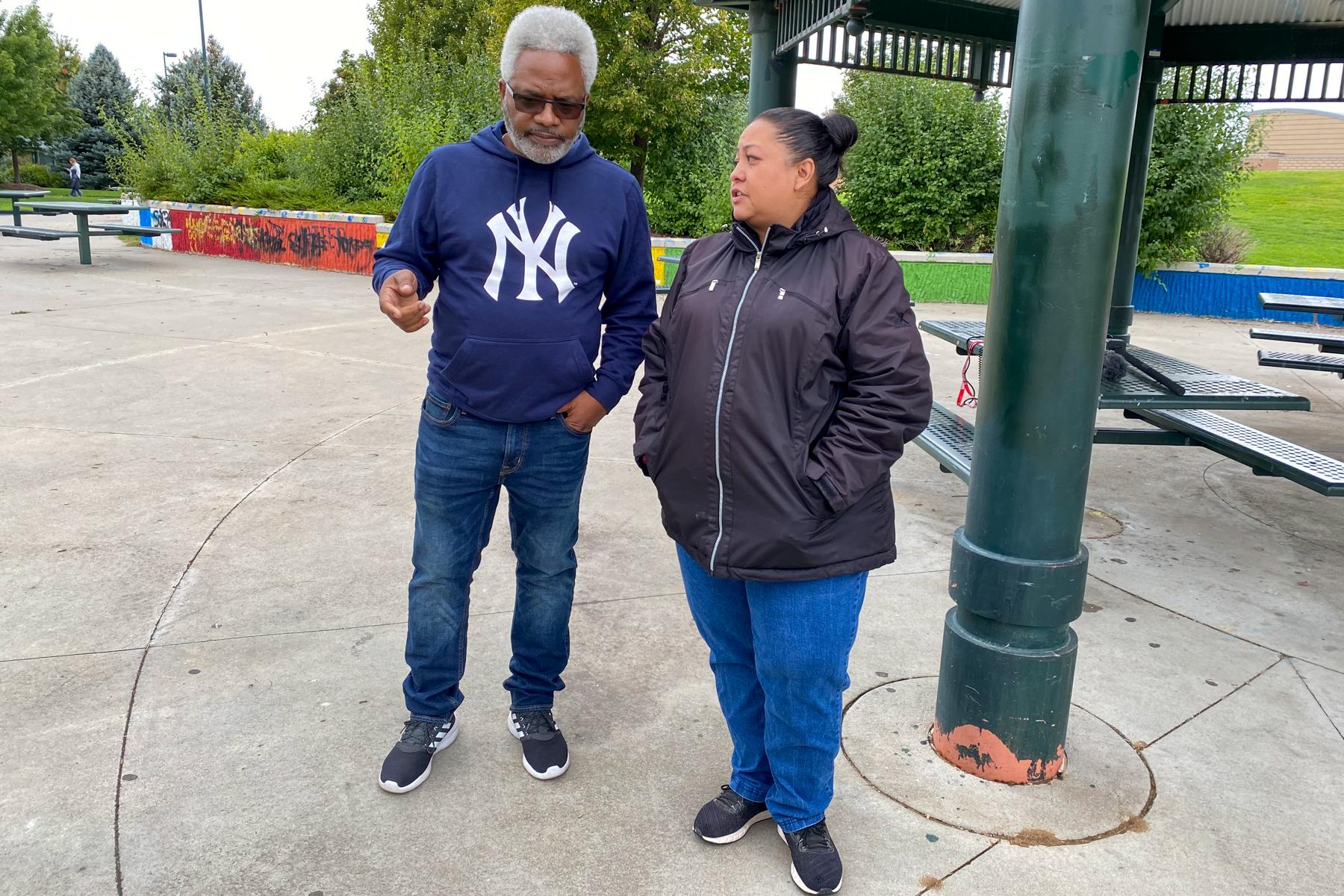
Dec. 15, 2022: Updating long COVID and other seasonal viruses; The best in holiday books
Some are calling long COVID the next public health disaster; to treat it, doctors are turning to an unexpected condition for answers: concussions. The latest research and updating other seasonal viruses like the flu and RSV. Then, from a high-tech thriller about genetic manipulation, to efforts to maintain wild mustangs, plus stories for kids…we’ll share gift-giving book ideas, all with Colorado or Western ties.

Looking for a holiday gift or just a good book to read? Here are some ideas.
Each year around this time, we go to the experts — people who sell books — and ask them for their recent favorites. We focus on books with Colorado or Western ties that capture the magic of reading.
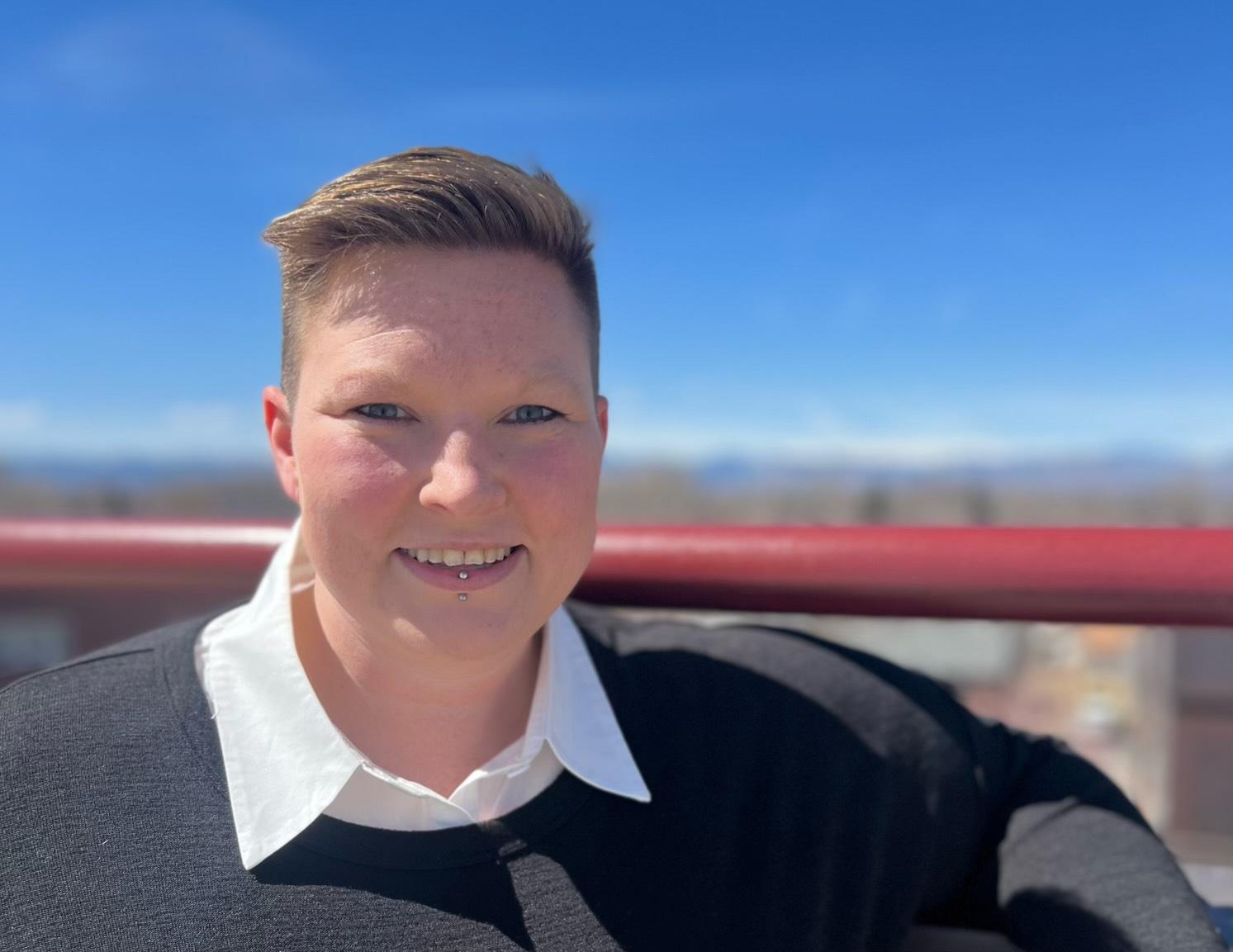
Larger-bodied people can have anorexia, too
New research on eating disorders points to a new category of the disease, known as atypical anorexia, that often goes undetected. While people with traditional anorexia often present as extremely thin, this newer category applies to larger-bodied people who similarly restrict their eating, but suffer the same physical and emotional challenges of the disease.
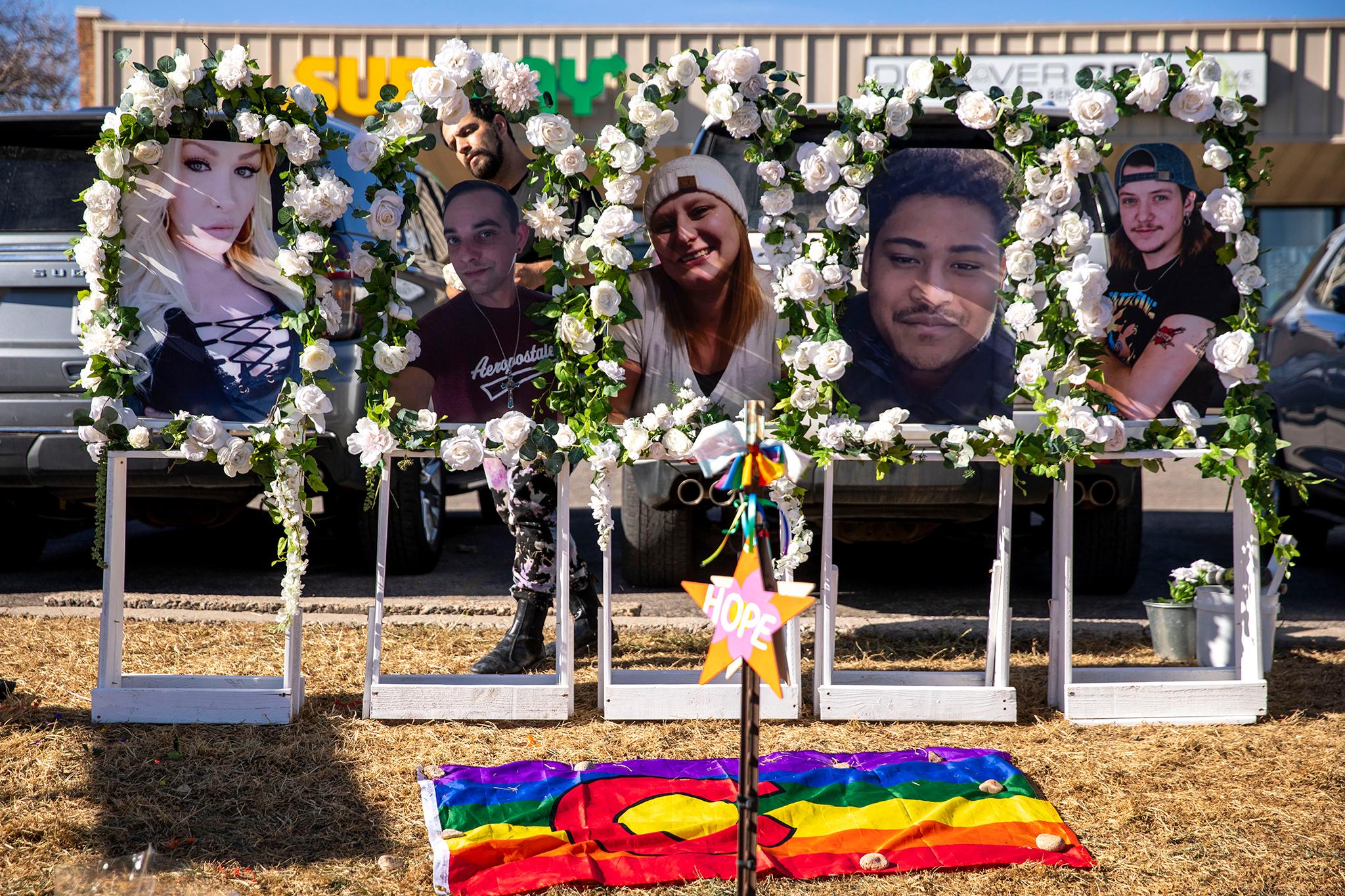
First-degree murder and hate crimes among list of charges against Club Q suspect
The suspect who opened fire at Club Q in Colorado Springs has been formally charged with 305 criminal counts. They include first-degree murder, attempted murder and bias-motivated crimes. Anderson Lee Aldrich is accused of entering the club around midnight on November 19, killing five people and injuring many more. We get perspective from DU law professor Ian Farrell.
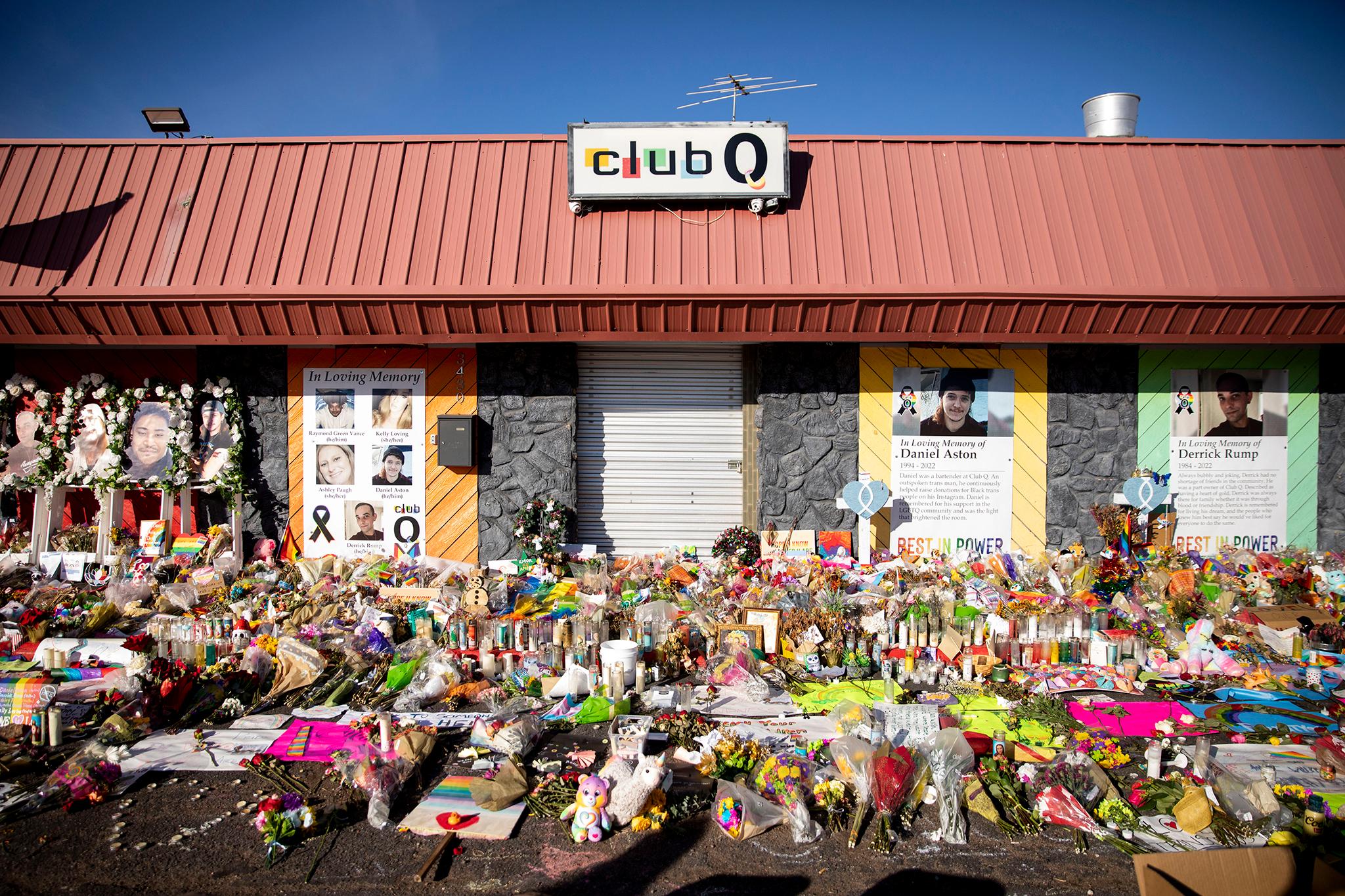
Nov. 28, 2022: Red flag law’s inconsistent use; Living with specter of Alzheimer’s
As the investigation into the Club Q shooting continues, we look at whether Colorado’s red flag law could have kept the suspect from having access to guns, and why it’s used inconsistently. And, an author shares the essay she wrote after the Pulse nightclub shooting, which still resonates today. Then, two sisters with different diagnoses face Alzheimer’s together.
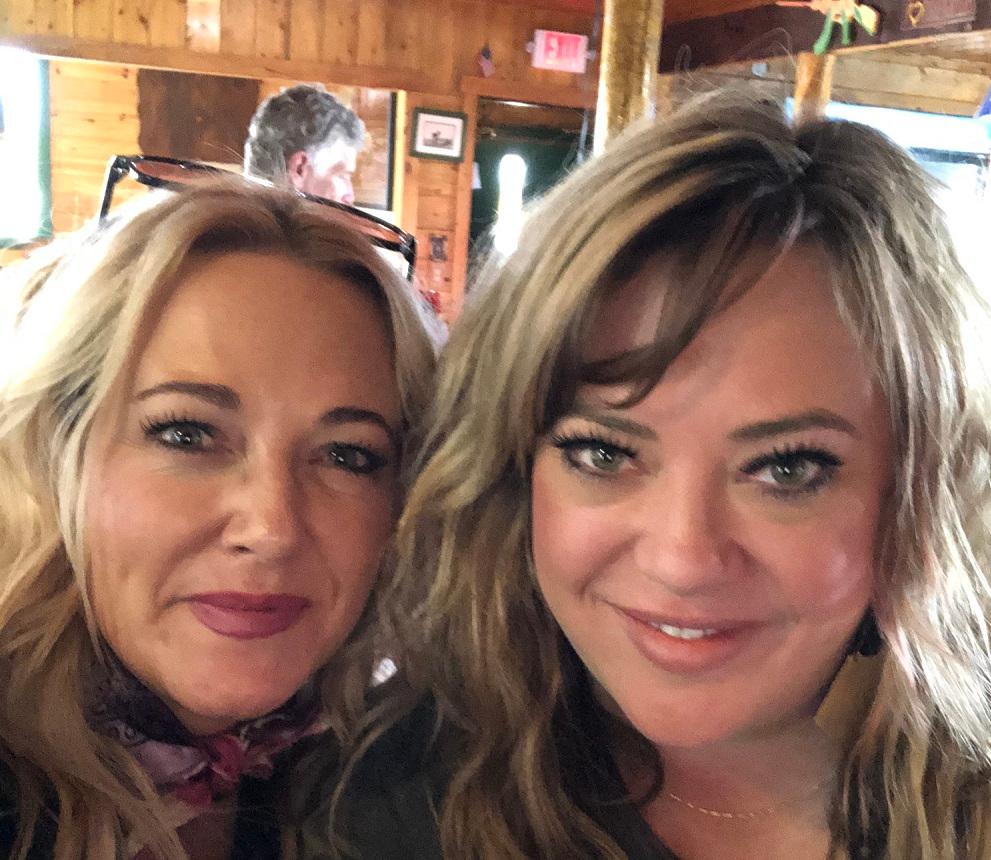
One family, two sisters and a genetic mutation for Alzheimer’s
Robin McIntyre, who’s 39, lives every day with the knowledge that she’s almost certain to get Alzheimer’s. Her family carries a genetic mutation that leads to early onset of the disease. Ten years ago, McIntyre, who lives in Laramie, Wyoming, tested positive for the mutation. Her sister Jessica McIntyre, 42, who lives in Lakewood, didn’t. We get an update from the pair who we first spoke to in 2016.

